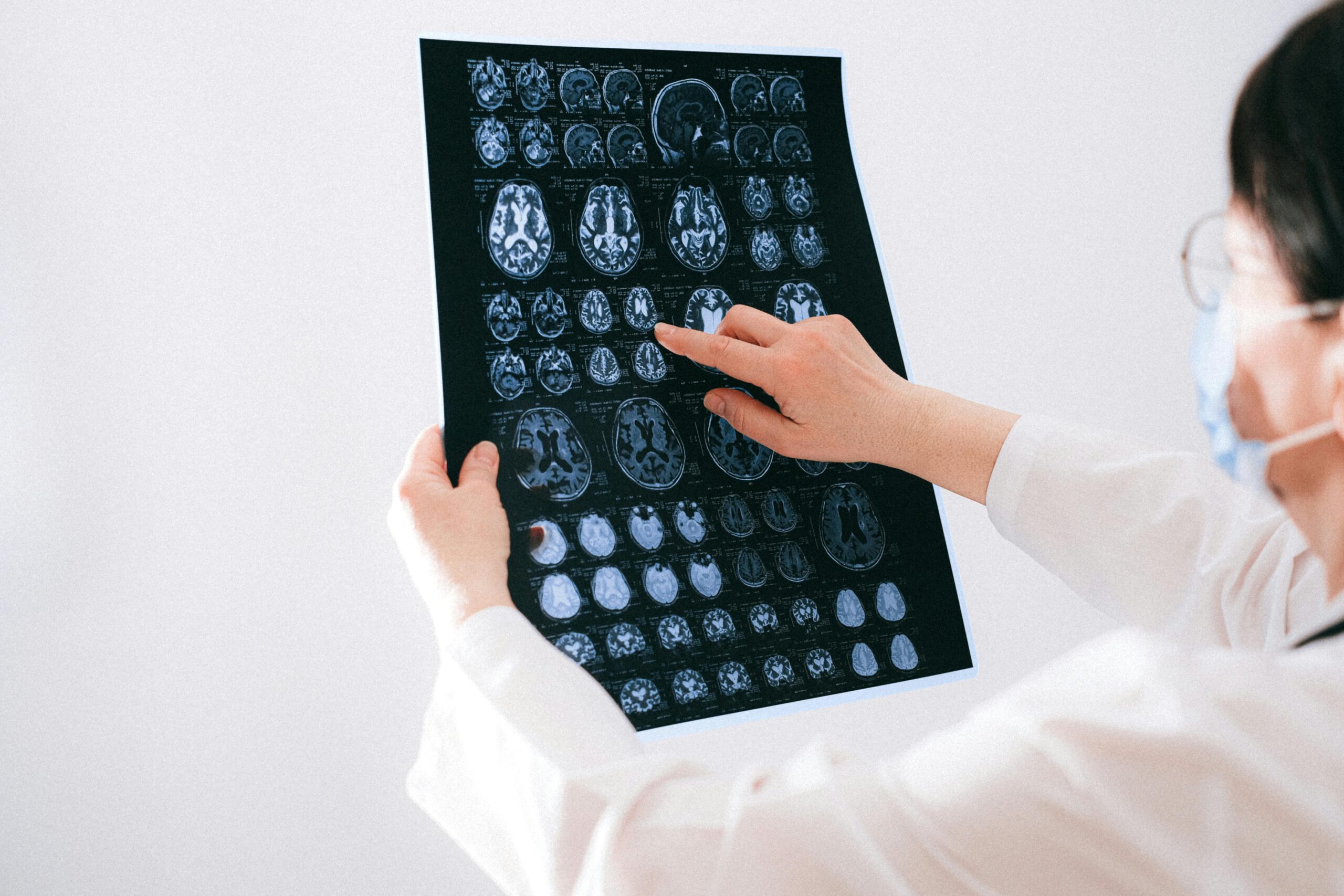At the turn of the century, the renowned brain researcher Manfred Spitzer published several books. A result of active brain research since the 1990s. In one of his books, ‘Learning’, Spitzer describes how human movement leaves traces in the brain. Spitzer vividly describes walking through a park that is covered in snow and through which people walk, leaving their tracks behind. The brain also reinforces the walk through the snow by repeating it several times until a contact is made that manifests itself as an eternal memory in the person. A more complex structure is then created in the brain as a representation of the way we walk. This is how our images are created in our heads, which Spitzer was once able to demonstrate very clearly in a lecture using an animal. Only when a human brain learns what can be identified as a cow does it manifest itself in our brain as such an image. From now on, we will always recognise a cow when we see one. So the brain is a phenomenon and invites us to move. For Brain Week, we are increasingly realising the importance of our brain for society, but also for the individual.
Humans are made for movement. The fact that standing still in any direction has a detrimental effect can be seen from the fact that joints gradually cement and break down, ligaments and tendons shorten and cartilage degenerates. Stagnation also manifests itself mentally if you don’t keep at it. However, breaks and regeneration are just as important as the exercise itself and if you know that you have been exercising under stress, then you are very happy to take breaks. Mentally, the same applies here. Not being up to date for a while, but enjoying the break, the distance. You usually only realise what this really entails when you start again.
Tirol Heute, 12.03.2025, Woche des Gehirns, Bedeutung von Bewegung fürs Gehirn
Exercise increases blood flow to the brain. It is precisely when you do light sport without exhausting yourself that you notice the numerous benefits. Physical fitness goes hand in hand with mental fitness, you are not sluggish, reactive and ready to change perspectives. Sport also has an effect on your self-confidence and you are happy to realise that you don’t have to forcefully assert your own position, but are more willing to accept other points of view. Here too, Anne Hegsteden from MedUni Innsbruck clearly addresses the socialising character of sport. In addition to the connection of doing sport together, it also promotes self-reflection and enriches communication skills and tolerance.
One particular outstanding characteristic of sport is that, as you usually experience with endurance sports, when you push yourself to the limit, you become more self-critical. It is precisely this aspect that pays off after sport in that it contributes to self-confidence. And not just because you might have persevered, but preferably mentally. You are more resilient in everyday situations, your level of stress tolerance has increased and you are more open to your social environment.
There is now much to suggest that nutrition and physical fitness not only keep the mind young, but also the ability to move. If I only had to suffer from my physical ailments for the last 5 years of my life, these would be my worst years. This is often the case today. But time means that this suffering can recede. In the meantime, people are staying young longer and ageing at a slower pace. After a prolonged period of hunger in the first half of the 19th century, we were able to eat whatever we wanted in the second half of the 19th century. We had a mental need to satisfy our hunger, whether the body needed something or not. Today we are on the verge of becoming more efficient. We don’t have to eat until we feel full, it’s enough to give the body what it needs to perform.
Staying hungry is not only an advantage when it comes to eating, but also from a philosophical point of view it is equivalent to ‘staying hungry’ for life. Because it is the mental concept of knowing when it is good and enough, when I can be frugal with myself.
The ‘Week of the Brain’ could well become more interesting in the future, when we realise over time the extent of how much comes from the human mind. The extract from the report and a conversation with the scientist Anne Hegsteden is attached.
ImageSource
pexels Anna Shvetsa


